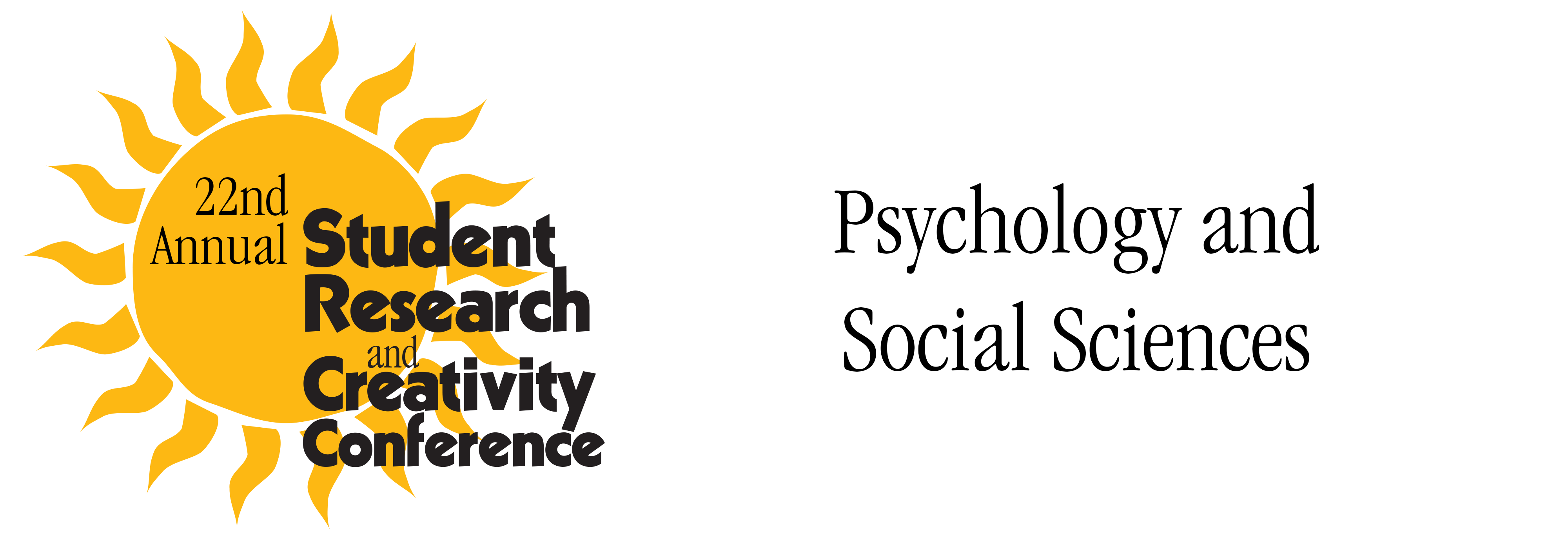
Files
Download Full Text (336 KB)
Description
Michelle Bass and Erika Burgasser, PSY 389: Human Memory
Faculty Mentor: Professor Stephani M. Foraker, Psychology
Human semantic memory contains general world knowledge accumulated through our lives. Semantic memory is important in knowing what an object is, the name of someone, a color, or random facts that we use on a daily basis. Semantic priming effects have been demonstrated to reflect facilitated access to semantic information. Here we used semantic primes (1-Step, 2-Step, No Prime Control Condition) to facilitate the recall of missing song lyrics to well-known and not as well-known songs. Each participant received each condition (1-Step, 2-Step, No Prime Control Condition) for both well-known and not well-known songs. We used an online survey through Qualtrics and recruited participants through Buffalo State's campus and social media (i.e. Facebook). Results suggested for the 1-Step prime condition accuracy is higher for well-known compared to not well-known songs. There was also an interaction between well-known and not well-known songs showing that for well-known songs, 1-Step and 2-Step primes did not differ in accuracy, while for less known songs, the 2-Step primes were surprisingly better than the 1-Step primes. Results supported previous research indicating that priming allows individuals to respond quickly and accurately to information being tested.
Publication Date
2020
Recommended Citation
Bass, Michelle and Burgasser, Erika, "Effects of Familiarity and Prime Type on Memory for Song Lyrics" (2020). Psychology and Social Sciences. 22nd Annual Student Research and Creativity Conference. SUNY Buffalo State.
https://digitalcommons.buffalostate.edu/srcc-sp20-psychsocsci/1



